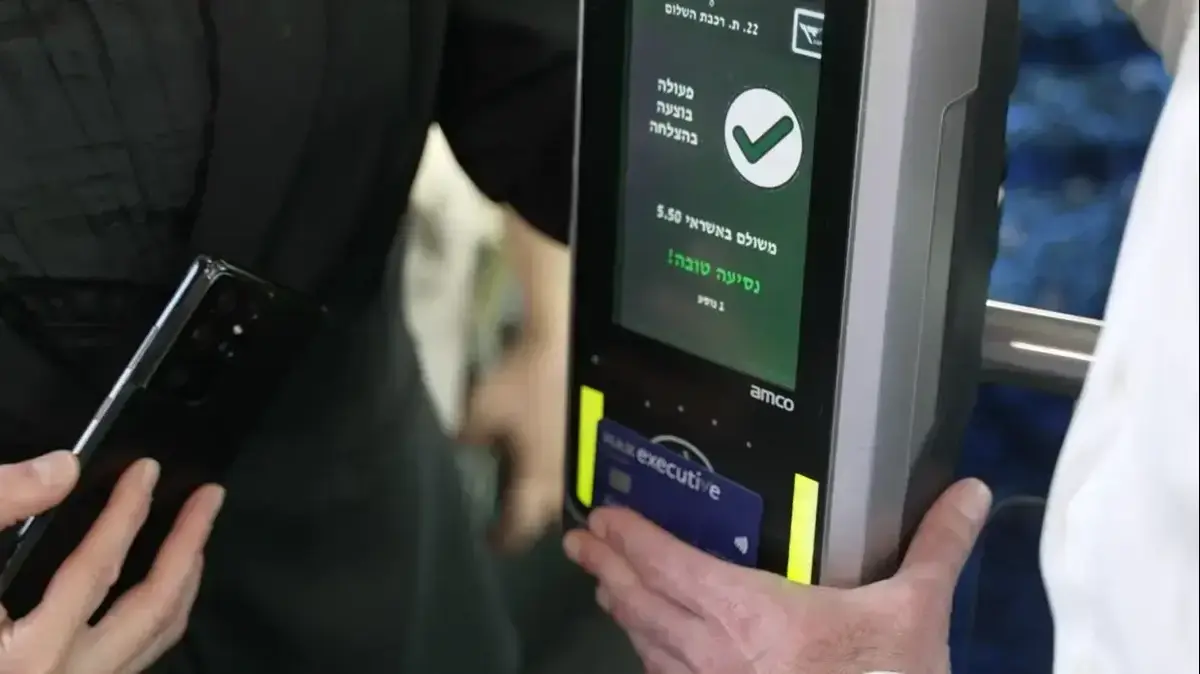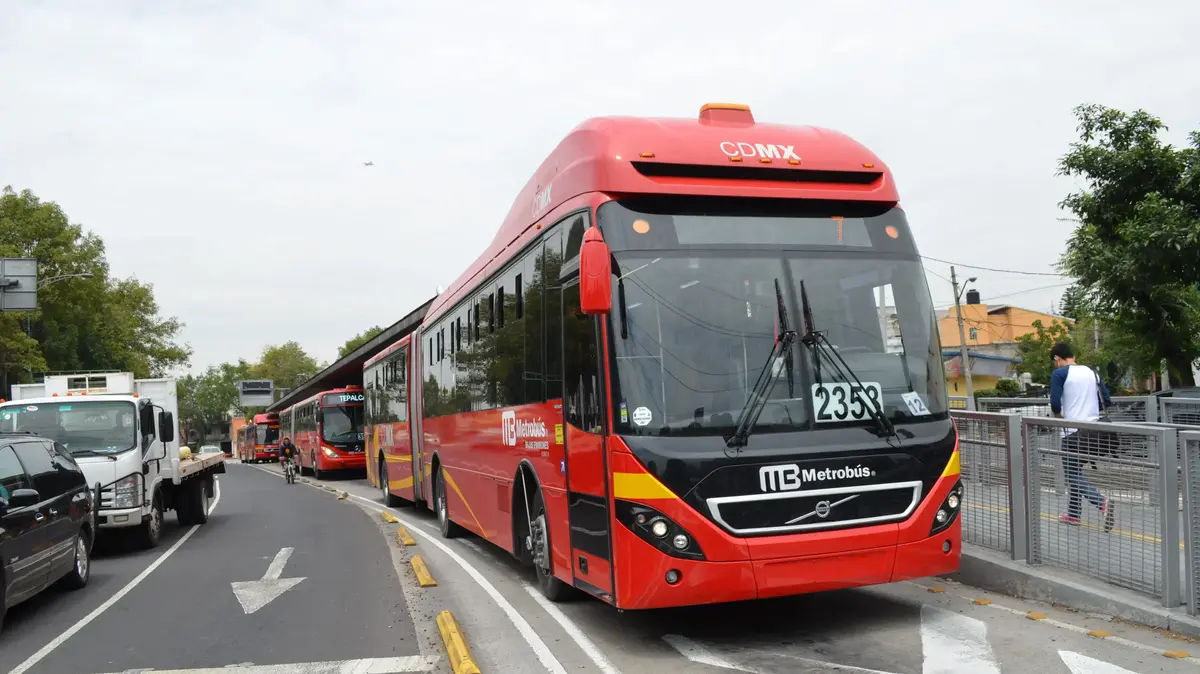In Murnau there is already a flexible order bus that works in a similar way to a shared taxi.
Now the district wants to introduce such an on-demand system throughout the Blue Land and the adjacent region to improve public transport, especially in remote locations.
District
- In Murnau, the on-demand local bus "Omobi" has been doing its rounds since 2021 - and is very popular.
The neighboring communities of Seehausen and Riegsee are now connected.
A similar concept is now also in the minds of the district for the extended Blue Land.
Above all, the connection of the surrounding villages to the middle center of Murnau plays a central role.
The area to be covered includes not only the Blue Land communities of Murnau, Schwaigen, Ohlstadt, Uffing, Seehausen, Riegsee, Großweil, Spatzenhausen and Eglfing.
Eschenlohe and Obersöchering in the neighboring district of Weilheim-Schongau should also be part of the network.
+
Wants to create new offers: District Administrator Anton Speer.
© Dominik Bartl
There have been thoughts in this direction for a long time.
But now, at the meeting of the Environment and Agriculture Committee, Dr.
Elisabeth Zeitler, mobility manager at the district authority, presented a rough concept of what the whole thing could look like and how it could be financed.
Nothing has been finally decided yet, the district council has the last word.
But the committee voted by a large majority to introduce the on-demand bus in the region in question - initially for four years.
The schedule: Next year the tender is to be made to find a company for the operation.
If everything goes smoothly, it could start as early as spring 2024.
Such an order bus does not have a rigid timetable and does not head for any fixed stops.
Instead, it can be requested individually by telephone or via the app.
Sophisticated software calculates the ideal routes and tries to optimally bundle the desired journeys - "a great thing," as Zeitler emphasized.
When it works, this is not only effective, but also environmentally friendly.
This is to avoid empty runs.
"We have to create something for the people in rural areas," emphasized District Administrator Anton Speer (Free Voters).
Small towns like Schöffau are only insufficiently connected to the fixed bus network.
The effort for the additional offer to the existing RVO connections is considerable: Zeitler calculates with five presumably leased electric minibuses (each with seven seats), eleven to twelve drivers and two to three office workers to get the system up and running.
Cooperation partners such as taxi companies could also be brought on board.
+
Supports the system: Dr.
Elizabeth Zeitler.
© ANDREAS MAYR
The concept has some variables.
For example, the times when the buses will be on the road have yet to be determined.
So there are considerations to maintain the service at night at the weekend so that young people can get home safely after visiting the pub.
But of course the following applies: the longer the operating times, the more expensive it becomes.
The buses are a subsidy business.
Annual total costs of almost one million euros are in the room.
About ten percent of this should be generated in the form of income.
Distance-based tariffs are under discussion.
Accordingly, for example, a short route (up to four kilometers) would cost 2.50 euros, a longer one (10 to 15 kilometers) 6 euros.
The district assumes that there will also be high subsidies and grants.
And the municipalities involved and the neighboring district of Weilheim-Schongau should be asked to pay.
The bottom line, however, according to a calculation, is that the district has to shoulder around 345,000 euros on its own.
The debate was very popular.
"We have to try something," said Spatzenhausen's mayor Aloisia Gastl.
And Peter Keller (ÖDP) spoke of a "perfect complement".
Josef Bierling (CSU), who was the only one who voted against it, was skeptical: "The small buses quickly reach their limits," he said - and referred to the high volume of tourism.
"That's not the right system," said the district councilor from Murnau.
Instead, he favors the expansion of classic lines – and cheap ticket prices.
As an example, he named the Weilheim local bus, which he said was very well received.






